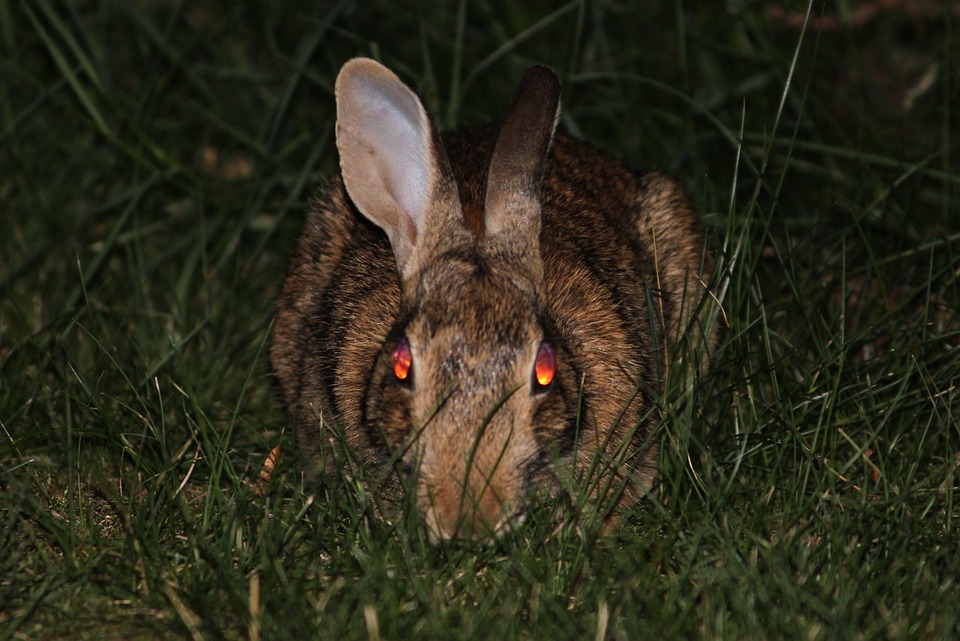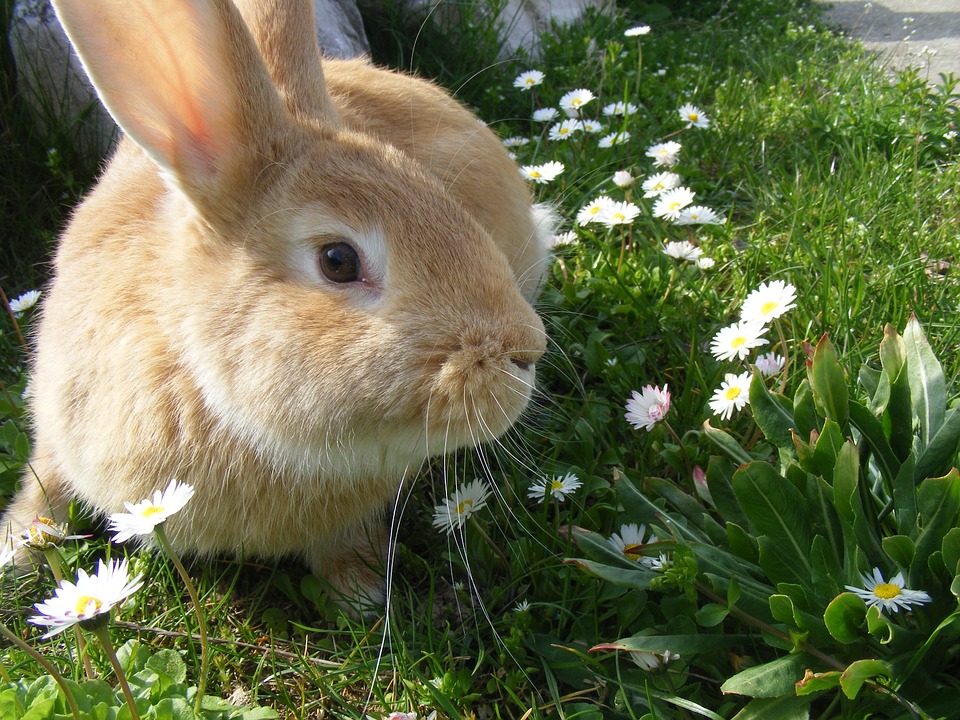This comprehensive guide will equip you with all the knowledge you need to ensure your rabbit enjoys a healthy and balanced diet. From the fundamental principles of rabbit nutrition to a detailed exploration of safe and unsafe foods, we'll delve into the intricacies of keeping your furry companion thriving.
Part 1: The Foundation of Rabbit Nutrition

1.1 Understanding the Herbivore's Digestive System
Rabbits possess a unique digestive system that thrives on a diet rich in fiber. Their long intestines are specifically designed to process plant matter, breaking down complex carbohydrates and extracting essential nutrients.
1.2 The Crucial Role of Fibre
Fibre is the cornerstone of a healthy rabbit diet, playing a vital role in:
Maintaining gut health: Fibre promotes healthy gut bacteria, essential for efficient digestion and nutrient absorption.
Preventing digestive issues: A lack of fibre can lead to gastrointestinal problems like stasis, a potentially life-threatening condition.
Controlling weight: Fibre helps rabbits feel full, preventing overeating and promoting a healthy weight.
Dental health: Constant chewing on fibrous foods, like hay, keeps their teeth worn down, preventing dental problems.
1.3 Nutritional Requirements
Rabbits require a specific balance of nutrients for optimal health. These include:
Vitamin A: Essential for vision, growth, and immune function.
Vitamin C: A crucial antioxidant that supports immune function and wound healing.
Vitamin D: Important for calcium absorption and bone health.
Vitamin K: Essential for blood clotting.
Calcium: Vital for strong bones and teeth.
Potassium: Plays a role in muscle function, nerve function, and fluid balance.
Magnesium: Essential for muscle and nerve function, and bone health.
Part 2: The Essential Components of a Rabbit Diet

2.1 Hay: The Foundation of a Healthy Diet
Hay should comprise the majority of your rabbit's diet, providing the essential fibre they need for optimal health.
Timothy Hay: The gold standard for adult rabbits due to its low calorie and high fibre content. It also contains a moderate level of protein.
Oat Hay: A sweeter option, often preferred by rabbits with picky palates. It offers a slightly higher protein content and is a good choice for growing bunnies or pregnant females.
Meadow Hay: A mix of grasses and legumes, providing variety and a higher protein content. However, it can be higher in calories than Timothy hay.
Alfalfa Hay: Rich in calcium and protein, it's a good choice for growing bunnies or pregnant females, but not recommended for adult rabbits due to its high calorie content.
2.2 Fresh Vegetables: A Rainbow of Nutrients
Fresh vegetables offer a wide array of essential vitamins, minerals, and antioxidants, adding variety and nutritional value to your rabbit's diet.
Leafy Greens: Romaine lettuce, parsley, cilantro, kale, spinach, and dandelion greens are rich in vitamins and minerals.
Root Vegetables: Carrots, parsnips, sweet potatoes, and beets can be offered in moderation, providing a source of carbohydrates and vitamins.
Cruciferous Vegetables: Broccoli, cauliflower, Brussels sprouts, and cabbage are excellent sources of fiber and vitamins. Offer them in small amounts as they can cause gas in some rabbits.
Other Vegetables: Bell peppers, zucchini, cucumbers, and pumpkin are all good additions to a rabbit's diet, providing various vitamins and minerals.
2.3 Pellets: A Supplementary Source of Nutrition
Pellets can be a helpful addition to a hay-based diet, providing a concentrated source of nutrients. Choose pellets specifically formulated for rabbits and look for a low percentage of protein (14-16%). Avoid those with sugary treats or artificial colours and flavours.
2.4 Fresh Water: Essential for Hydration
Clean, fresh water is essential for rabbits to stay hydrated and maintain their overall well-being. Provide a water bottle or a shallow bowl, ensuring it's always clean and refilled regularly.
Part 3: A Detailed Look at Safe Foods
3.1 Hay: Providing the Foundation of a Balanced Diet
Timothy Hay: Should make up the bulk of your rabbit's diet. It’s low in calories, high in fibre, and a good source of vitamins and minerals.
Oat Hay: An excellent alternative, especially for picky eaters. It’s slightly sweeter than Timothy hay, but still offers a good source of fibre.
Meadow Hay: Provides variety and a higher protein content but should be offered in moderation.
Alfalfa Hay: High in protein and calcium, it’s suitable for growing bunnies and pregnant females, but not ideal for adult rabbits.
3.2 Fresh Vegetables: A Vital Source of Nutrients
Leafy Greens: A staple in a rabbit's diet, offering vitamins A, C, and K, as well as essential minerals.
Root Vegetables: Good sources of fibre and vitamins, but offer them in moderation due to their sugar content.
Cruciferous Vegetables: Excellent sources of fibre and vitamins, but offer them in small amounts to avoid digestive upset.
Other Vegetables: A variety of vegetables provides a broad spectrum of nutrients and helps keep your rabbit engaged with their meals.
3.3 Fruits: Treats to Enjoy in Moderation
Berries: Strawberries, blueberries, raspberries, and blackberries are rich in antioxidants and can be offered as treats in small quantities.
Apples: Offer a small slice, ensuring you remove the seeds and core, which contain cyanide.
Bananas: A good source of potassium, but offer only a small piece as they are high in sugar.
Other Fruits: Peaches, pears, melon, and pineapple can be given sparingly, always ensuring to remove seeds and cores.
3.4 Herbs: Aromatic Delights to Enhance Your Rabbit's Diet
Parsley: A good source of vitamin C and a favourite for many rabbits.
Cilantro: A fresh, aromatic herb that can be offered in moderation.
Mint: Fresh mint leaves can be given in small amounts, providing a refreshing treat.
Other Herbs: Basil, rosemary, and thyme are generally safe, but offer only a small amount.
Part 4: Foods to Avoid: Protecting Your Rabbit's Health
4.1 Toxic Foods: Never Offer These
Chocolate: Highly toxic to rabbits, even small amounts can be fatal.
Onions and Garlic: Can cause anaemia and gastrointestinal upset.
Avocado: Contains persin, a toxin that can be fatal to rabbits.
Dairy Products: Rabbits lack the enzymes to digest lactose, leading to digestive upset.
Raw Meat: Not suitable for herbivores and can carry harmful bacteria.
Grains: Not essential for a rabbit's diet and can lead to obesity and digestive issues.
Alfalfa Hay: High in protein and calories, not suitable for adult rabbits.
Nuts and Seeds: High in fat and calories, offer only as occasional treats.
Alcohol: Toxic to rabbits and can lead to severe health problems.
4.2 Foods to Offer Sparingly
Fruit: High in sugar, can lead to digestive upset if given in large quantities.
Sweet Treats: Can be addictive and lead to obesity and dental problems.
Commercial Treats: Avoid those containing artificial colours, flavours, and sweeteners. Choose natural treats specifically formulated for rabbits.
Part 5: Feeding Habits and Tips: Ensuring a Healthy Diet
5.1 Feeding Frequency and Amounts
Hay: Provide unlimited hay throughout the day.
Fresh Vegetables: Offer a variety of vegetables daily, around 1-2 cups per 5 lbs of body weight.
Pellets: Offer a small amount (1/4 cup per 5 lbs of body weight) daily.
Treats: Offer fruits, herbs, or commercial treats in moderation.
5.2 Water Availability
Fresh Water: Provide a clean water bottle or bowl and refresh it daily.
5.3 Preventing Dental Problems
Hay: Encourages chewing and helps keep teeth worn down.
Hard Chews: Offer safe chew toys, such as wooden blocks, to promote dental health.
Part 6: Common Rabbit Feeding Mistakes
6.1 Overfeeding Pellets
Pellets are a supplement: Overfeeding pellets can lead to obesity and digestive problems.
6.2 Limiting Hay
Hay is essential: Limited hay intake can result in digestive issues and dental problems.
6.3 Offering Too Much Fruit
Fruit is a treat: Excessive fruit consumption can lead to digestive issues and weight gain.
6.4 Skipping Variety
Variety is key: Offering a varied diet ensures a good balance of nutrients.
Part 7: FAQs: Addressing Your Questions
7.1 Can I give my rabbit lettuce?
While some types of lettuce, like romaine lettuce, are safe, others like iceberg lettuce are low in nutrients and can cause digestive upset. It's best to offer romaine lettuce or other nutrient-rich leafy greens.
7.2 Can rabbits eat carrots?
Yes, carrots can be given in moderation as a treat. However, they are high in sugar, so it's essential to limit their intake.
7.3 Can I give my rabbit bread?
No, bread is not suitable for rabbits. It's high in carbohydrates and lacks the necessary fibre.
7.4 My rabbit is picky about hay. What should I do?
Rabbits can be picky eaters, but it's essential to introduce them to various hay types. Try mixing different hays together or adding a small amount of a favourite treat to encourage them to eat.
7.5 How often should I change my rabbit's water?
Fresh water should be provided daily. It's best to replace the water at least once a day and more often if it becomes cloudy or dirty.
7.6 My rabbit seems overweight. What can I do?
If your rabbit is overweight, it's important to consult with a veterinarian. They can help you develop a diet plan that promotes weight loss.
7.7 Is it safe for my rabbit to eat grass?
While some types of grass are safe for rabbits, others can contain toxins or be harmful. It's best to provide safe and controlled access to grass under supervision.
7.8 Can I give my rabbit yogurt?
No, yogurt is not suitable for rabbits as they are lactose intolerant.
7.9 My rabbit has started eating its own poop. Is this normal?
This behaviour, known as caecotrophy, is actually normal for rabbits. They eat special soft faeces called caecotropes, which are rich in nutrients and help them get essential vitamins and bacteria.
This guide provides a comprehensive overview of what rabbits can eat. Always consult with a veterinarian for personalized advice on your rabbit's nutritional needs. By providing a balanced diet and paying attention to the foods you offer, you can ensure your furry friend enjoys a long and healthy life.
Everyone is watching
-

Do Rabbits Lay Eggs? (The Surprising Truth)
OTHER TYPES OF PETSThis article will unravel the common misconception that rabbits lay eggs, exploring the fascinating world of r...
-

Can Rabbits Eat Grapes? A Guide to Safe Rabbit Treats
OTHER TYPES OF PETSThis comprehensive guide will explore the safety and suitability of grapes for rabbits, providing detailed inf...
-

What's a Group of Rabbits Called? (A Comprehensive Guide)
OTHER TYPES OF PETSThis article delves into the fascinating world of rabbits, exploring the various terms used to describe a grou...
-

Predators That Hunt Rabbits: A Guide to Natural Enemies
OTHER TYPES OF PETSI've always been fascinated by the circle of life, that delicate dance between predator and prey. Growing up ...
-

Are Rabbits Nocturnal Animals?
OTHER TYPES OF PETSThe question of whether rabbits are nocturnal animals is a fascinating one, with a surprisingly complex answer...
